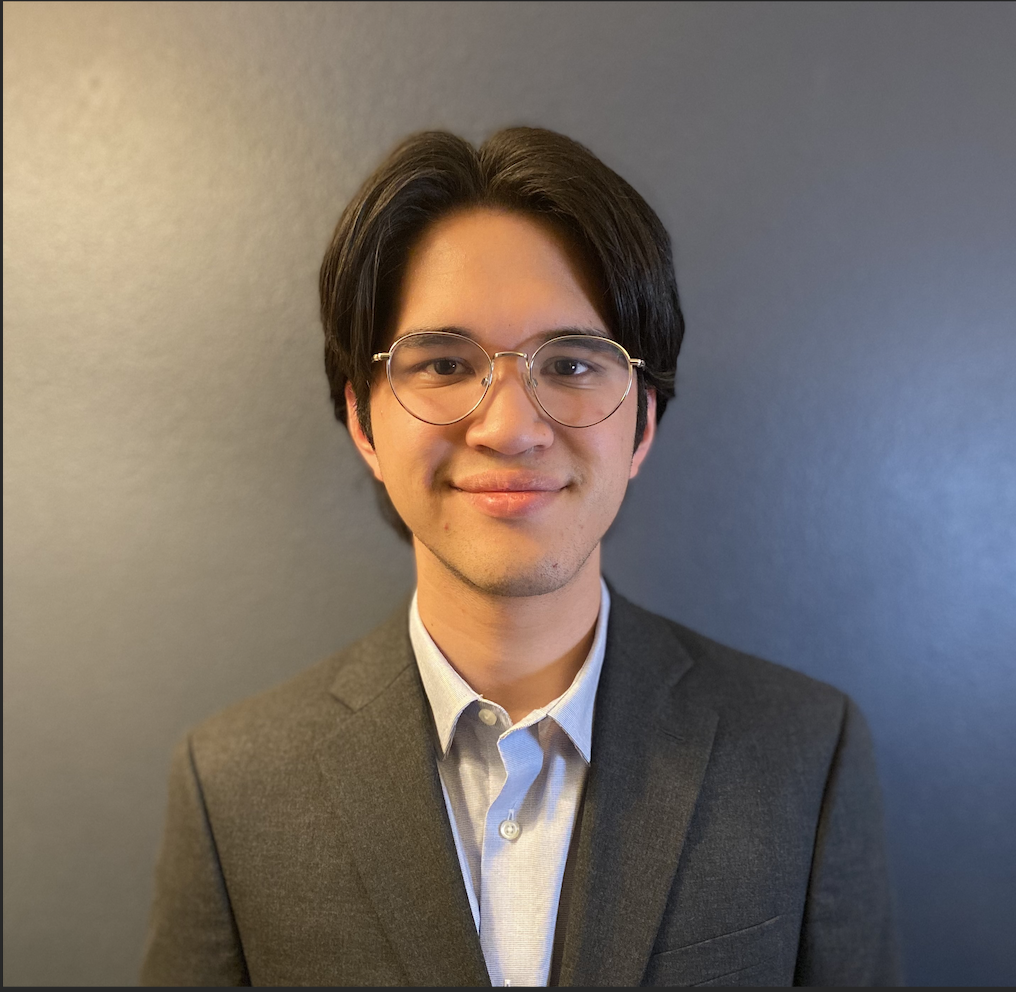“Weed-out” courses can make college unnecessarily and punishingly difficult; there’s often no evidence that they help, but there is plenty of evidence that demonstrates their adverse effects. On Oct. 3, The New York Times revealed that Maitland Jones Jr., a long-respected professor at NYU, had been dismissed from his position following a student-led petition for his removal, which claimed his course was too difficult and that he failed to properly teach his classes. This move by NYU faced significant criticism, but whether or not NYU made the correct decision, the situation highlights several recurring issues in the way America approaches education that must be addressed for the sake of students’ futures.
Maitland Jones Jr. is an 84-year-old professor of chemistry and has been a leading figure in his discipline for many years. How does a highly credentialed academic find himself suddenly unemployed? Jones’ organic chemistry course has an enduring reputation as an incredibly difficult “weed-out” course: a purposefully difficult course designed to trim the herds of people interested in pursuing certain majors by convincing them to give up. His recent course changes seem to have made things even worse for students. The reduced number of midterms, in tandem with no extra credit opportunities, left students worried about their low grades and their chance of passing their major requirements. Ultimately, 82 out of 350 students signed the petition, with complaints concerning issues ranging from the difficulty of the course to his supposed condescending teaching demeanor.
The university faced considerable criticism for giving in too easily to the students’ demands not only from Jones’ colleagues but from national media outlets such as NBC. The arguments vary, some putting the blame on the students for simply not trying hard enough, others deeming the situation a dangerous precedent furthering the commodification of education and the treatment of the student as a customer (the customer is always right, after all). These criticisms are perhaps correct in this particular situation, but the students also raise equally valid concerns about how current educational practices are endangering their future prospects.
Research shows that the average mental health of college students is declining. A study from Eastern Michigan University indicates that from 2013 to 2021 there was a 135% increase in depression and a 110% increase in anxiety in students nationwide. The stress of the COVID-19 pandemic, coupled with the painful monotony and struggle of long-term online learning, precipitated unprecedented levels of burnout. Dropout rates have increased, as many students decided that an education just wasn’t worth the hardship. Substantial mental health challenges, when considered in tandem with excessively difficult courses, have pressured students into giving up on their academic futures indefinitely.
There are several problems with weed-out classes. Firstly, the effect of weed-out courses isn’t equal. Studies show that weed-out courses disproportionately impact women and first-generation college students. Women experience a higher incidence rate of low grades than men, and first-generation college students often lack the educational background to get on par with their peers. The intent might be to find the cream of the crop in a massive freshmen class, but the inequitable damage dealt by these courses must be reckoned with. Secondly, in an attempt to increase the notoriety and reputation of certain programs as high-quality and rigorous, educational institutions have created an artificial shortage of specialized professionals by cutting out thousands of interested students for failing a class.
The NYU petition reads, “We urge you to realize that a class with such a high percentage of withdrawals and low grades has failed to make students’ learning and well-being a priority and reflects poorly on the chemistry department as well as the institution as a whole.” The students hint at an important question: What is the purpose of education? If it is simply to ensure that they are properly trained and able to handle jobs within their field of study, why is organic chemistry an essential course? Most students take weed-out classes solely to fulfill degree requirements, not because they need the acquired skill set in their later careers.
If the purpose of education is, as Forbes theorizes, to become “an engaged and enlightened citizen capable of thinking critically and communicating clearly, ultimately able to thrive in their well-being,” weed-out classes render that purpose irrelevant. Unrealistically difficult classes intended to make students flunk out of the major need to have clear benefits that outweigh the negative impact they have on the mental and emotional well-being of students. By beating down the hopes and dreams of students, weed-out classes typify an educational philosophy of cruelty that stifles the drive of entire generations of college students and will continue to affect them for the rest of their lives.
There’s a lot that the American educational system needs to do better. For instance, the undue focus on test-taking rather than comprehension, the perpetuation of grind culture, and the negative feedback loop of mental health issues and weed-out courses run in perpetuity. American academic performance consistently fails to measure up to the standards of other developed nations. Investing more in education would give educators the freedom to create a learning environment that helps students grow as people rather than setting them up to fail as a matter of convenience.

















